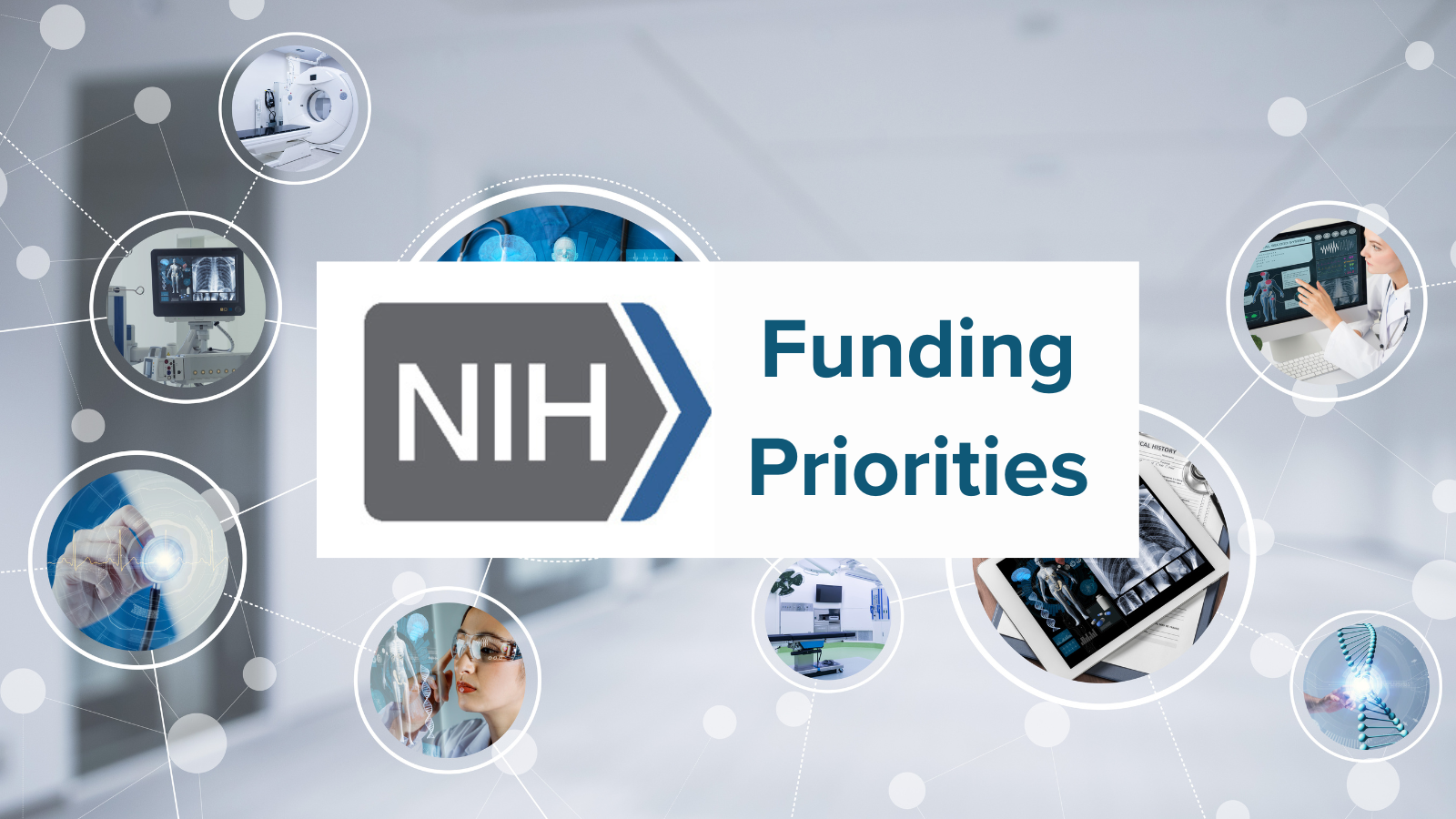I had the opportunity to attend the Ag Tech Summit in Champaign, Illinois recently. This is the seventh annual event that brings together large industries, research groups, investors, academics and small businesses who are specifically interested in agricultural related innovation and technologies. Interestingly, there was a significant contingent of large companies present and the sponsors included Bayer, ADM, Cargill and John Deere. These large companies are certainly working to maintain an innovative edge and it is possible that they would be interested in working with small ag related companies as partners in product development.
Additionally, at this conference, were academics from Universities who work at the edge of discovery and agricultural innovation. There has been an interest in plant and animal genetics for years with the eye toward improving yields, but it was interesting to see research in new crop development. One company I learned about is working on converting a ‘weed’ into a new oil and cover crop, and has been pursuing USDA SBIR funding. There was also a small startup working on hyperspectral analysis of fields using drones. The idea of machine learning for image analysis is a common theme we see at CTC, and specifically using drones for agriculture field work is often brought to our attention.
What struck me most, however, were topics and interest related to climate change. There has been a fundamental shift in Ag Tech Research in developing new crops that are resistant to the conditions of concern with climate change. I spoke with many people including companies involved with carbon sequestration and managing carbon credits. These topics appear to be growing in importance and interest within the government as well as large companies. As an example, James Scher of ADM, described their work on building “carbon neutral” flour mills. ADM’s entire US flour million operation has reached carbon neutral status.
What does all of this mean for Wisconsin small technology related businesses? I’m confident that small businesses that don’t think of themselves as USDA SBIR type companies can find a niche in the ag space. Machine learning, block chain to manage carbon credits, chemistries to capture and sequester carbon, battery technologies to reduce fossil fuel usage all can be of interest in the agricultural industry. Its not only important to be innovative in your technology, you should also be innovative in your business model and look to new industries, fields and uses that can benefit from your skill-set and products.
Wisconsin, of course, is a hot-bed for agriculture, so your business may do well to explore this area for funding.

